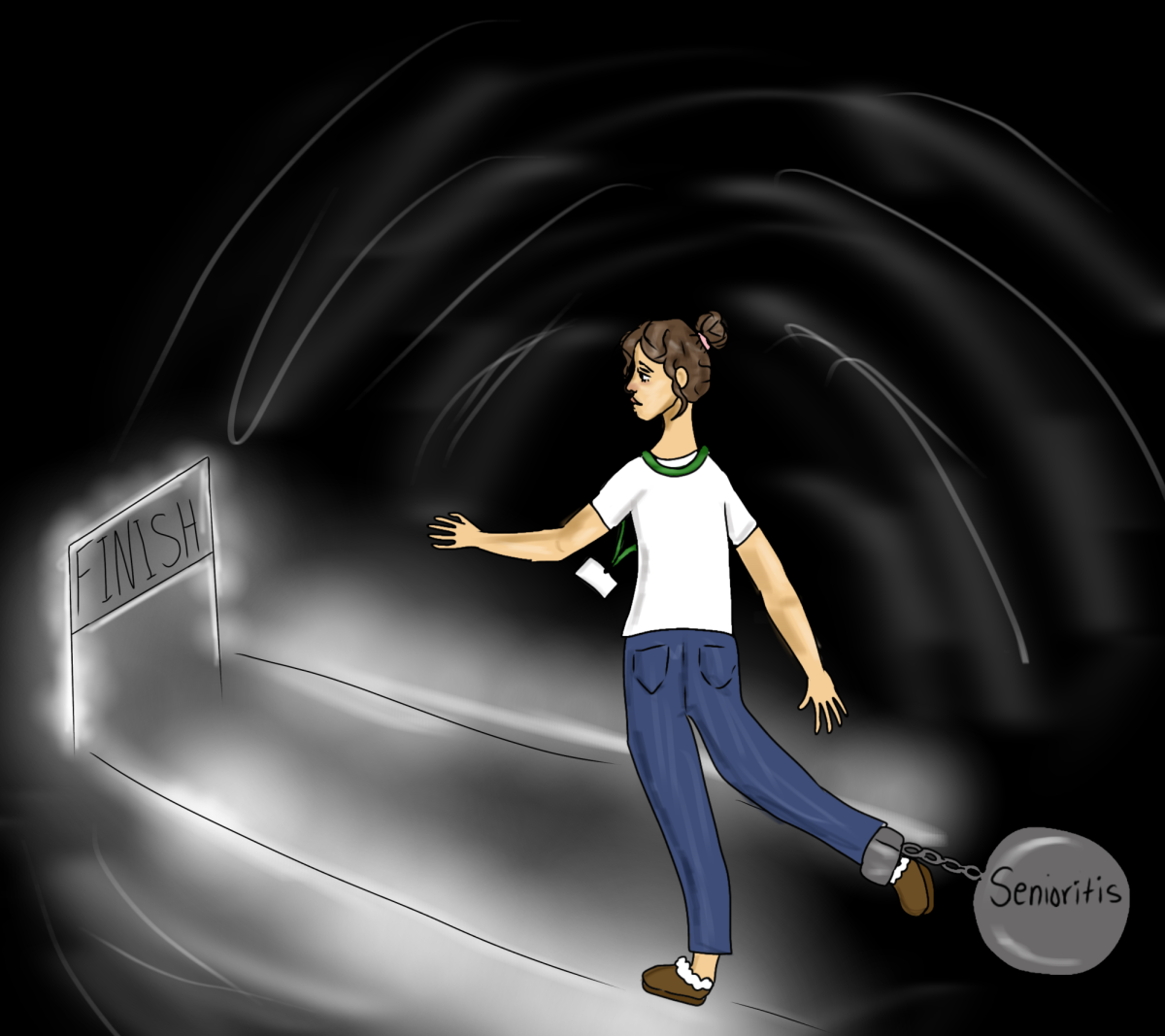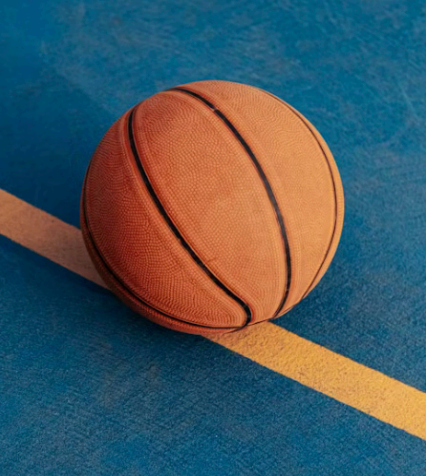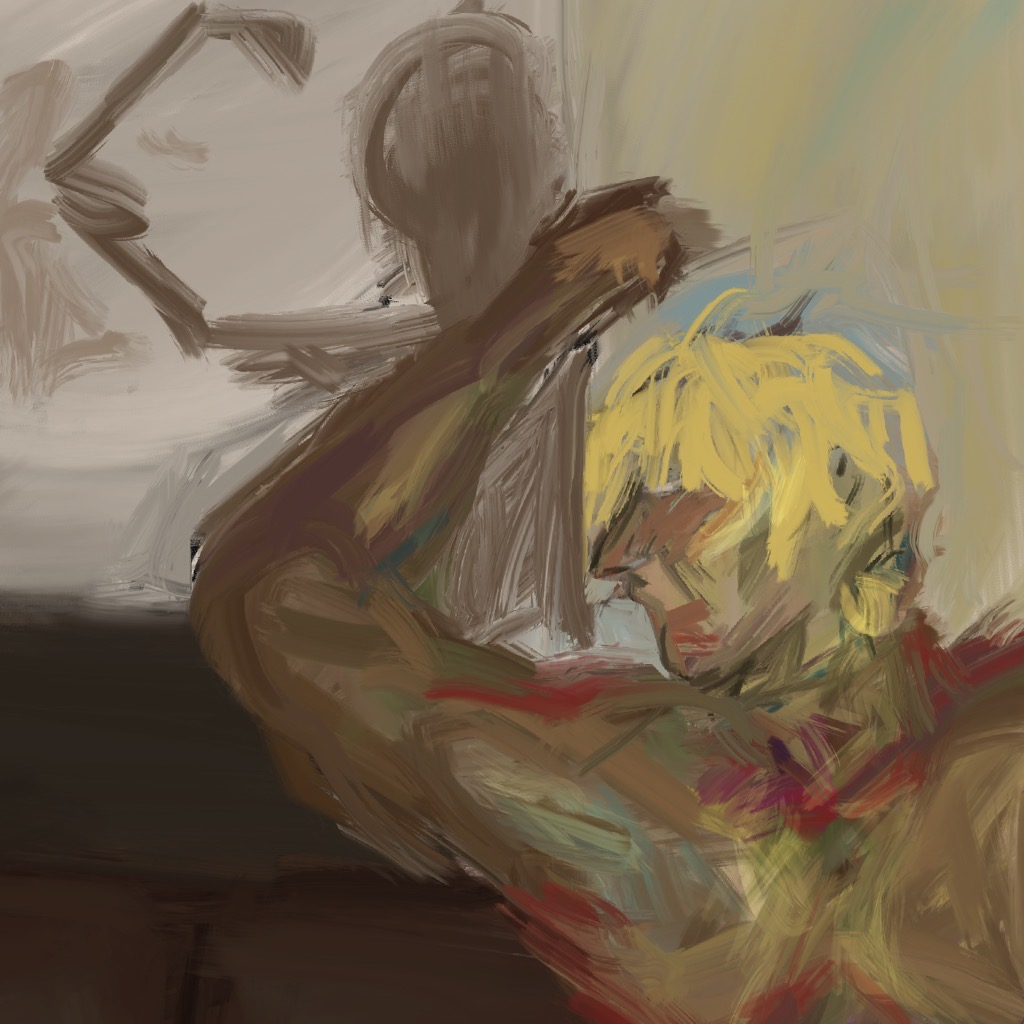Many have some kind of body image weakness. Insecurities are a normal part of being an adolescent. Body dysmorphia, however, is more than an “insecurity.” Although the phrase may be eye catching, many do not know the full extent of body dysmorphia. Body dysmorphic disorder (BDD) is a mental illness, categorized under obsessive compulsive disorder (OCD) according to The Diagnostic and Statistical Manual of Mental Disorders. Body dysmorphia is a disorder in which one has a distorted body image, oftentimes believing he/she is morbidly obese while he/she is not. Often, when hearing about body dysmorphia, one may usually think about females. However, contrary to what many believe, body dysmorphia affects just as many males as it does females, and it may also manifest itself in a different form: muscle dysmorphia.
Muscle dysmorphia (MD) mainly affects males. Coined “reverse anorexia,” MD is a type of BDD in which an individual has a distorted self-image in regard to muscle mass. An individual with MD often believes he/she is not muscular enough. This can be a confusing, unfamiliar concept to many, but perhaps a relatable one to some. MD is often associated with orthorexia, an eating disorder that can be described as an obsession with conventionally “healthy” eating. People with muscle dysmorphia may observe orthorexic eating patterns, such as avoiding going out to eat to find the “perfect” balance of macros, or even avoiding outings with friends in order to go to the gym. This is an irrational and harmful way of thinking. Many people with orthorexia and MD become malnourished and set unreachable muscle goals.
With social media today, “bulking” can reach a larger audience, specifically young boys. Bulking is a step in building muscle where carbohydrate intake is increased to burn off fat and gain more muscle. Because of prevalent gym culture on social media, many of today’s adolescent boys, albeit being too young to form an ordinary amount of testosterone, are slowly falling into these patterns. Wanting to gain muscle is not a bad thing and can be extremely beneficial if one has a proper reason. For example, “Let’s say [your position in football] requires a legitimate body weight,” said physical education teacher and strength training coach Mike Dieguez. With healthy moderation, bulking can be helpful in such a scenario. “I think [a lot of the motive to gain muscle] is social media. [Students] see themselves in the mirror and want to improve their appearance,” explained physical education teacher Robert Kolb. Kolb also brought up other reasons for bulking, such as athletic ability and beach season, all of which are normal and valid motivations to get in shape. “I think everyone has a perception [that] they have to get stronger for their sports,” added Kolb. Like other types of body dysmorphia, however, muscle dysmorphia can quickly turn into something more dangerous, with individuals going to extremes to achieve their goals. “I’ve seen kids turn to steroids,” said Dieguez. “No one [has] come out and admitted it to me,” he added.
Steroids are an unfortunate consequential side effect that can be related to muscle dysmorphia, along with several others such as strains, sprains, or detrimental muscle tears, and other overuse injuries. Sophomore Lucas Brown explained that there can be a lot of pressure to build muscle, depending on the sport one does. He added that, in his experience, he believes Lynbrook does not put a large amount of pressure on males to have a specific body type. According to the National Library of Medicine (ncbi.nlm.nih.gov), approximately 43% of males suffer from body dysmorphia, with numbers increasing throughout the years. Body dysmorphia is serious, but by bringing awareness, the stigma of mental health in men and muscle dysmorphia for both men and women can perhaps be broken.





































